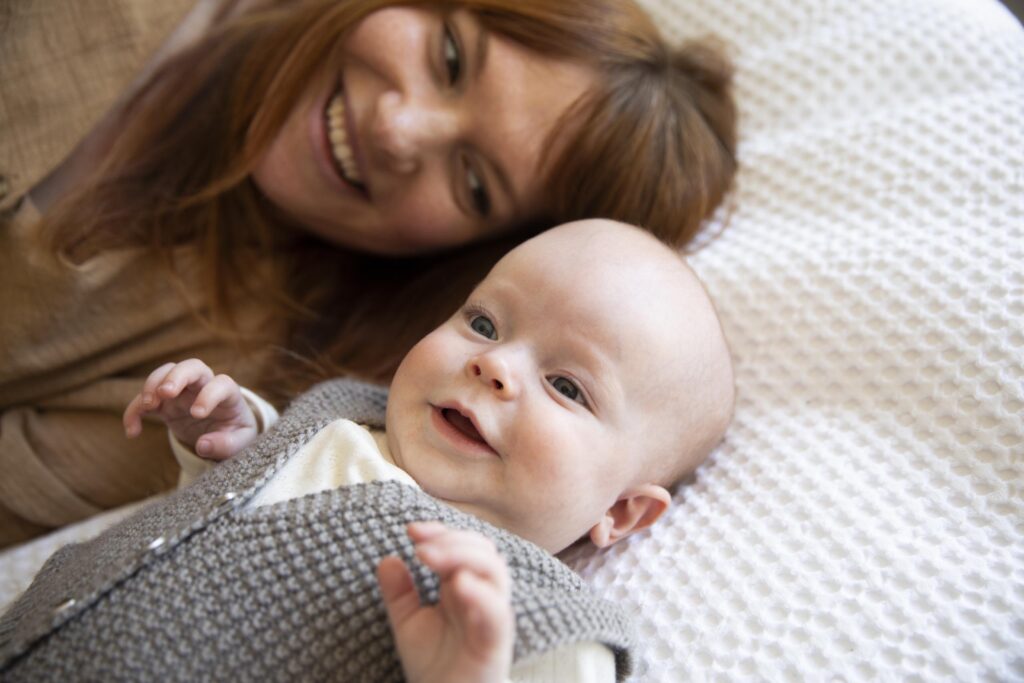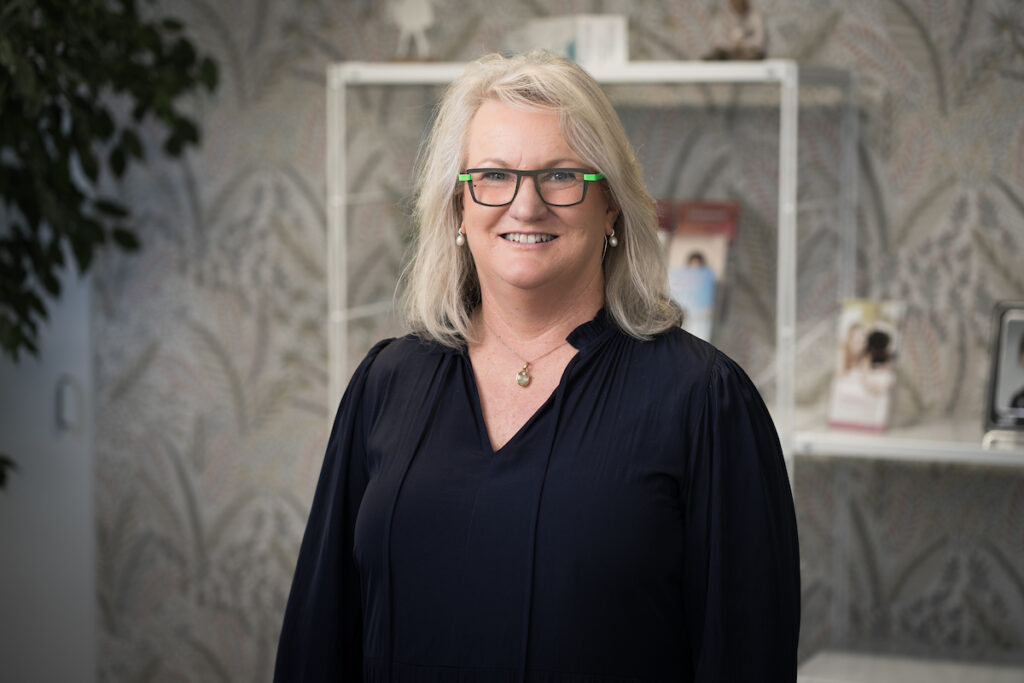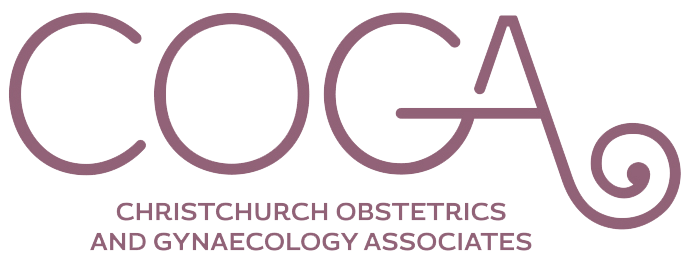Normal? There’s no such thing when it comes to women’s bodies.
Whether due to a lack of knowledge, or via a bombardment of unhelpful advertising and pop culture tropes over the years, many of us have misconceptions around how our bodies work and what they should look like, says Frances Green, registered nurse and midwife.
The fact that women’s bodies vary greatly is something we should celebrate.
After 35 years of experience in nursing and midwifery both here in New Zealand and in the United Kingdom, it’s fair to say I have seen it all: from women who labour differently every time they give birth, to those whose body shapes change as they experience menopause, to those who completely lose interest in sex as they grow older (or become more interested than they ever were!).
Women have a tendency to compare themselves to others. It is this tendency that causes people who have never been a size 10 to imagine that they should be, despite their genetic makeup pointing to a different size and shape. It is also this pressure that causes women to opt for having an IUD fitted without pain relief (there’s no need!) or to pursue breastfeeding even when it is causing significant stress and anguish – because their friend or family member says they should.
There are so many factors that contribute to our differences, from hormonal changes to family histories, lifestyles and stress levels. For the woman who labours differently, it could be as simple as older children keeping her up at night, causing her to go into labour exhausted. For the woman whose middle widens during menopause, this can happen naturally – it’s the body protecting vital organs with a layer of adipose tissue. All of it is part of being a woman.
Opening up discussions
Who learned about periods from Judy Blume? I know I did. Luckily, younger generations are much better at discussing bodily functions than many Gen Xers and Millennials, who tend to shy away from talking about such topics as periods or vaginal discharge, for example. Despite our squeamishness, we should try to talk freely about our bodies with each other and with our children.
You might find your friends are relieved to have an avenue for discussing these kinds of subjects – and you will be modelling an open discourse with your children, which becomes very useful as they enter their teenage years.


"There are so many factors that contribute to our differences, from hormonal changes to family histories, lifestyles and stress levels."
Fill those knowledge gaps
Despite the wealth of information online, there are still women out there who don’t know their vulva from their vagina. Teaching people about their bodies and what they do is a huge part of my work in specialist gynaecology, and one I cherish greatly.
For perimenopausal women, it can be helpful to know that your joint pain is probably caused by fluctuating hormones – and you are not being “lazy” for foregoing the gym. It may also be liberating to find out that those of us who work in gynaecology are not at all concerned with how many sexual partners you have had. As far as we’re concerned, as long as you’re enjoying yourself and staying safe – you go, girl!
Us ‘fanny mechanics’ have truly seen all sorts on the examination table, so our message to you is simple: beyond any help needed for medical issues, your body is just the way it is supposed to be.


Frances Green is one of COGA’s incredible midwives. She is also a registered nurse and has extensive experience as a postgraduate midwifery educator. Committed to helping women understand their extraordinary anatomy, Frances’ no-nonsense approach and brilliant sense of humour are always popular with our patients.

